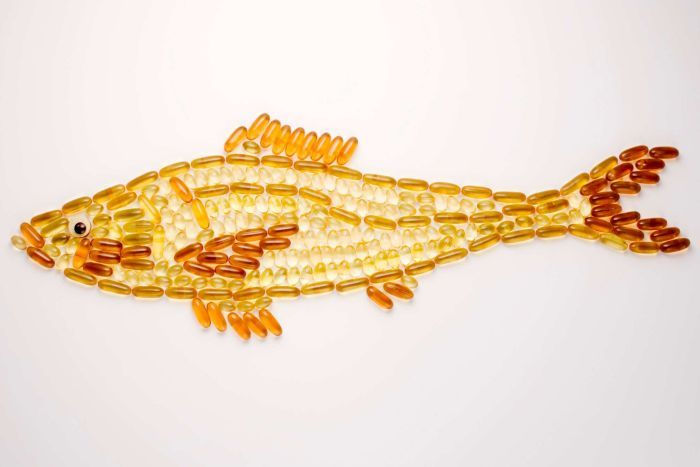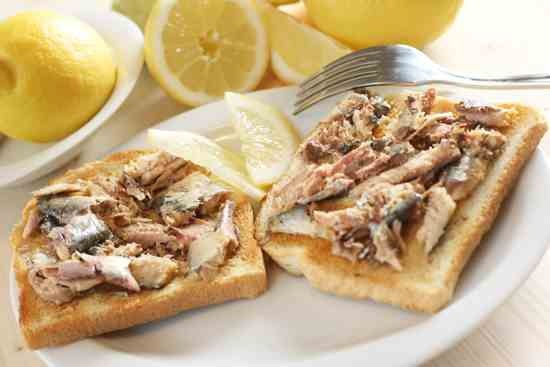So do we keep taking the pills?
- Aug 3, 2018
- 5 min read
"The question is whether the observed cardiovascular benefits often found among fish eaters is due solely to the oils in fish or to some other characteristics of seafood or to still other factors common to those who eat lots of fish, like eating less meat or pursuing a healthier lifestyle overall." New York Times

A very recent 'gold standard' study has apparently debunked all our previous thinking on taking fish oil supplements. We take a fish oil supplement every day - I think I was mostly taking it to ward off arthritis, and just for overall health, and it has to be said that this study by Cochrane - a well respected organisation that pools medical research around the world - does just concentrate on the benefits to the heart and all the diseases that spring from that. Anyway I'm sure you read all about it. It was quite big news here.
In Australia the industry of fish oil pills is apparently worth $200m per year - and rising. We have been taking them for some time - I think the last time they were recommended to me was after all the treatment I had for breast cancer. Some of the effects of the various treatments were on bones and joints and the fish oil was thought to be good - well at least harmless.
It's all about Omega-3 which we need but which we can't make. In nature it is mostly found in oily fish, but also in various nuts and in oils, particularly canola oil. The Heart Foundation has a really good list of the omega-3 content of a range of foods. And interestingly they do not mention supplements - but then it is just what it says it is - list of foods containing Omega-3. The Heart Foundation is obviously still considering these recent results for at the head of the page they state:
"The Heart Foundation recommends all Australians should aim to include 2–3 serves of fish (including oily fish) per week as part of a heart healthy diet. This provides around 250–500 milligrams of marine-sourced omega-3s (EPA and DHA) per day. In addition, the Heart Foundation recommends that all Australians should aim for 1 gram of plant-sourced omega-3 (ALA) each day."
And again, no mention of supplements.
I suspect that we are all a bit taken aback by these results. We continue to take our supplements for example and I continue to eat my sardines on toast, patting myself on the back as I do so for all the oily fish I eat. We don't eat enough of the fresh stuff though.
The reports all seem to say that our love affair with fish oil goes back to the Eskimos of Greenland who had a diet very high in oily fish from cold seas, who had a lot of fat in their diet and yet did not suffer from heart disease. This was in the 70s. But surely it goes back further than that? When I was a child I was regularly dosed with revolting cod liver oil - I can't quite remember why, but I'm sure my mother was doing for what she thought were good reasons. A laxative? They now think that the Eskimos had some kind of genetic mutation which made them benefit from the high omega-3 content in their diet.
I gather omega-3 was also supposed to affect other diseases. The study found similarly unconvincing data.
Bipolar disorder and depression: not enough evidence
Dementia: moderate-to-high quality evidence concluding no effect
Age-related macular degeneration: moderate-to-high quality evidence concluding no effect
ADHD in children: low-quality evidence concluding no effect
Childhood allergies: not enough evidence
But there must be more. I'm sure that arthritis and related diseases are others that are supposed to benefit from omega-3.
There are two questions, it seems to me that arise from this research.

First - is it just the difference between the supplements and the real deal? The implication, though admittedly somewhat hesitant, was that eating fish was better than the supplements. Which implies to me that it's not the fish oil, but something else in the fish. Surely if it's the fish oil that's doing the good - and I'm pretty sure that the omega-3 is in the oil - then surely a supplement would be OK. Or is there some mysterious chemical reaction that occurs when you chew on the fish, that releases the goodies?
One of the major features of the Mediterranean diet that is being pushed is fresh fish after all. But there are considerable downsides to eating fish - not the least of which is the expense. Fish tends to be more expensive than meat, although I do find I need less fish than meat per person, and there is less wastage. The New York Times article, republished in The Sydney Morning Herald, spoke of mercury in large fish, the downsides of fish farming, overfishing and other environmental costs, and the increased potential for food poisoning. Well one is always a tiny bit wary of fish, isn't one, probably unnecessarily. You just can't win can you?

The beautiful platter of sashimi kingfish at right is probably what we should be eating, but I have to say, that even I, am always a tiny bit nervous of raw fish.
And anyway, there are those that say that the benefits of fish, and even omega-3 are just not proven anyway.
Which of course is not to say that fish is not good for you - just the omega-3
"Consumers who just take supplements miss out on all the other benefits of eating fish, which is a rich source of nutrients." Sydney Morning Herald
It's actually somewhat ironic, that supplements, of all kinds, are simultaneously reviled by the health freaks as unnatural, and artificial, and yet at the same time, the whole supplement industry has been born out of the desire of these same health freaks to make sure that they have all the right vitamins and minerals and other things in their diet.
It's very definitely a first world problem though - and a rich of the first world problem a that. If you're poor, eat sardines on toast on a regular basis. If your'e not overly fussy about where your sardines come from - i.e. not gourmet sardines from the Mediterranean and Portugal, a tin will cost you less than a dollar.

And almost everyone seems to agree that omega-3, including in supplements is good for pregnant mothers. Which is odd, because I seem to remember my daughter-in-law being banned from eating salmon whilst pregnant.
We're still taking the supplements. Which is possibly a bit mindless of us.












Comments